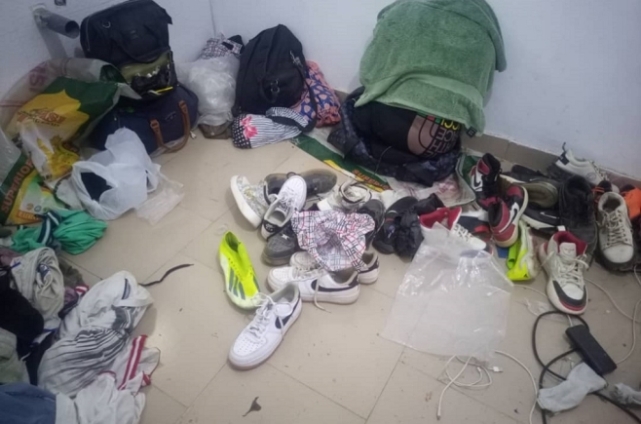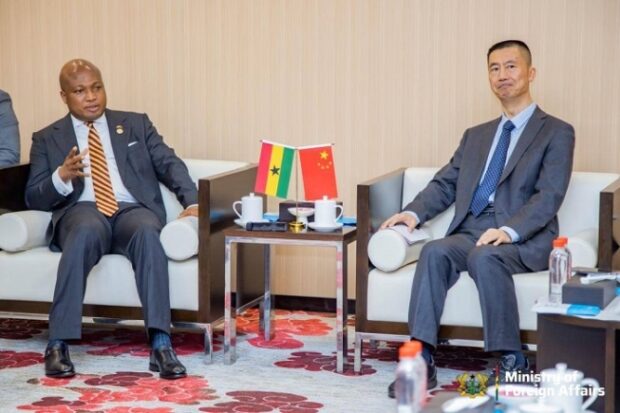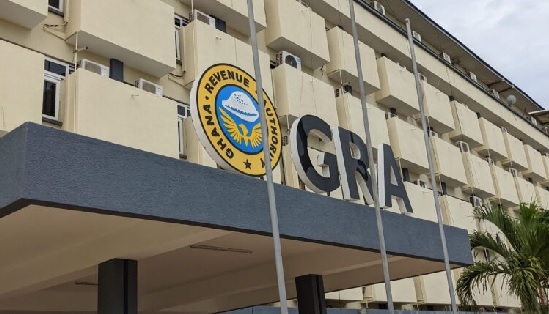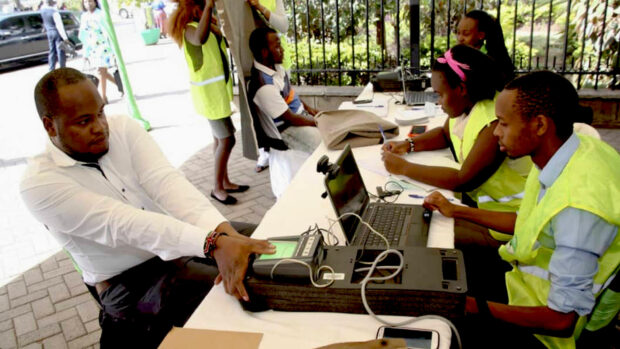
In a major transnational crackdown, Interpol has announced the successful dismantling of a human trafficking ring that exploited victims through fraudulent job offers and pyramid schemes.
The joint operation between Côte d’Ivoire and Ghana led to the arrest of two suspects and the rescue of 33 victims from Benin, Burkina Faso, Ghana, and Togo.
According to Interpol, the criminal network lured victims with fake employment offers abroad, most notably in Canada. The case came to light after a Ghanaian father raised the alarm when his two daughters paid nearly $9,000 in fees to a recruiter who claimed to facilitate jobs in Canada, only for them to be trafficked to Abidjan, Côte d’Ivoire.
In a disturbing revelation, the victims were held against their will and subjected to psychological and physical coercion. They were forced to perpetuate the scam by recruiting new victims through multi-level marketing platforms.
Organizers reportedly provided them with Canadian phone numbers to create the illusion that they were working overseas and arranged photoshoots in luxury hotels and upscale shops to maintain the deception.
“A lot of families were misled into believing their loved ones were thriving abroad,” investigators said. “But the reality was a well-coordinated human trafficking and fraud operation.”
The Ghana Police Service launched an investigation after one victim escaped and returned home, providing authorities with vital information. Thanks to a police cooperation agreement between West African nations, the survivor was able to return to Côte d’Ivoire to support local investigations. Relatives of other victims also traveled to Abidjan to assist police with critical leads.
Interpol played a pivotal role in coordinating efforts between the two countries, facilitating intelligence-sharing and organizing simultaneous raids on two key locations in February 2025. The operation, led by specialized units in Côte d’Ivoire, culminated in the arrest of two suspects and the rescue of all 33 victims.
“The success involving Côte d’Ivoire and Ghana is an excellent example of how important police cooperation is when it comes to fighting human trafficking scams,” said Valdecy Urquiza, Interpol’s Secretary General. “Because of their joint efforts, victims have been saved and those responsible are now facing justice.”
Youssouf Kouyate, Director General of the Côte d’Ivoire National Police, echoed this sentiment: “Our close cooperation with Interpol and Ghanaian police was pivotal to the achievements of this operation and is a testament to the strength of our regional partnerships.”
The rescued individuals are currently receiving support and care through a local NGO. One of the main suspects has since been handed over to Ghanaian authorities for prosecution.
Interpol warned the public to remain vigilant against rising scams in West and Central Africa, especially those disguised as employment or educational offers abroad. Victims often face forced labor, extortion, and physical abuse, with their documents confiscated and personal connections manipulated to ensnare more targets.
Red flags, according to Interpol, include requests for upfront payments, vague job descriptions, unusually generous offers, and pressure tactics designed to rush decisions.
The international police agency reaffirmed its commitment to dismantling trafficking networks, protecting victims, and supporting law enforcement across its member countries.
“This is not just about policing borders,” said an Interpol spokesperson. “It’s about policing deception, restoring trust, and saving lives.”









